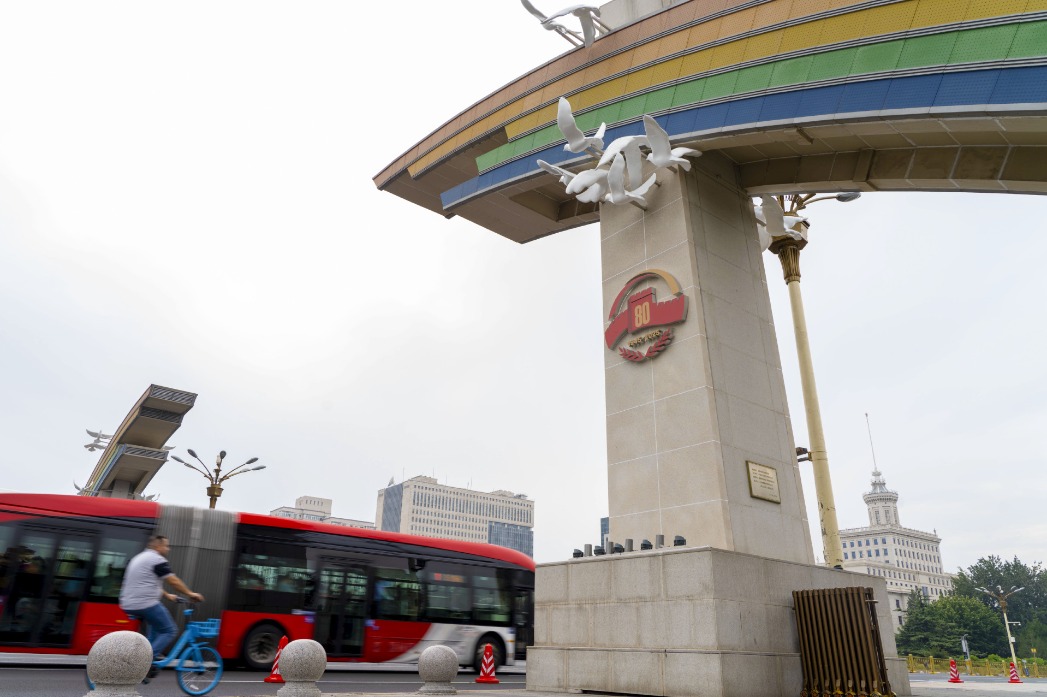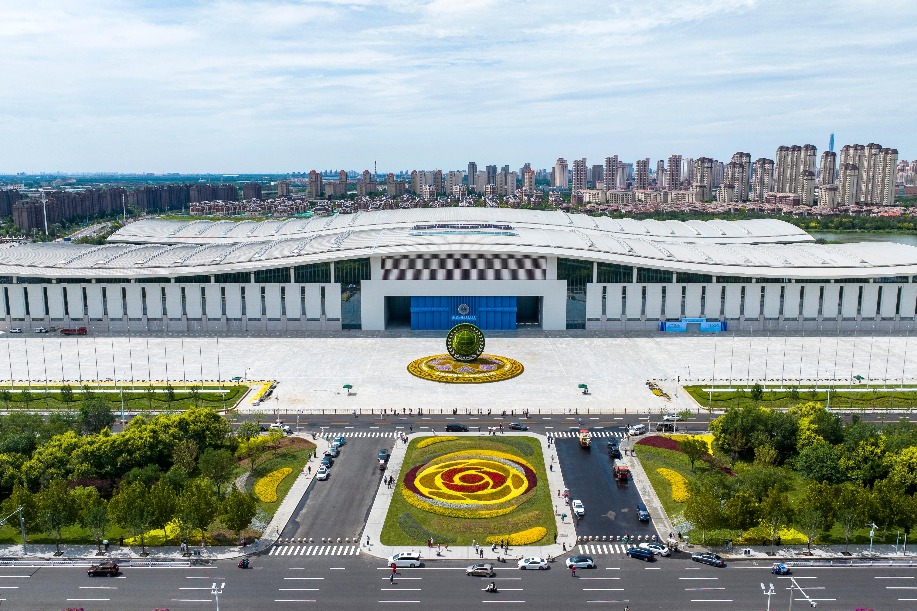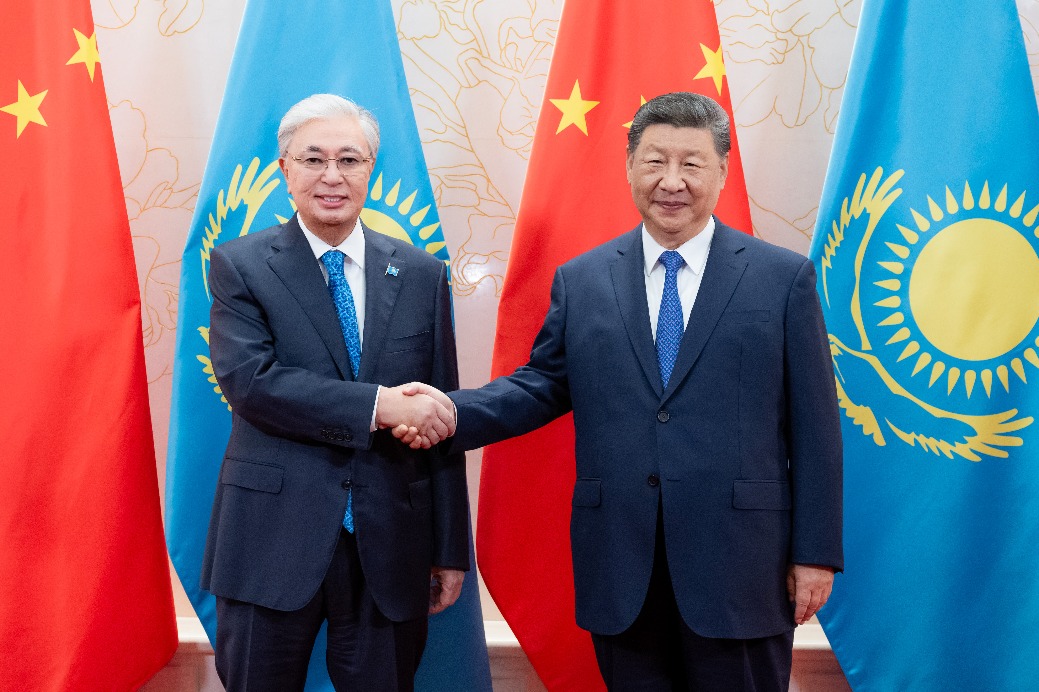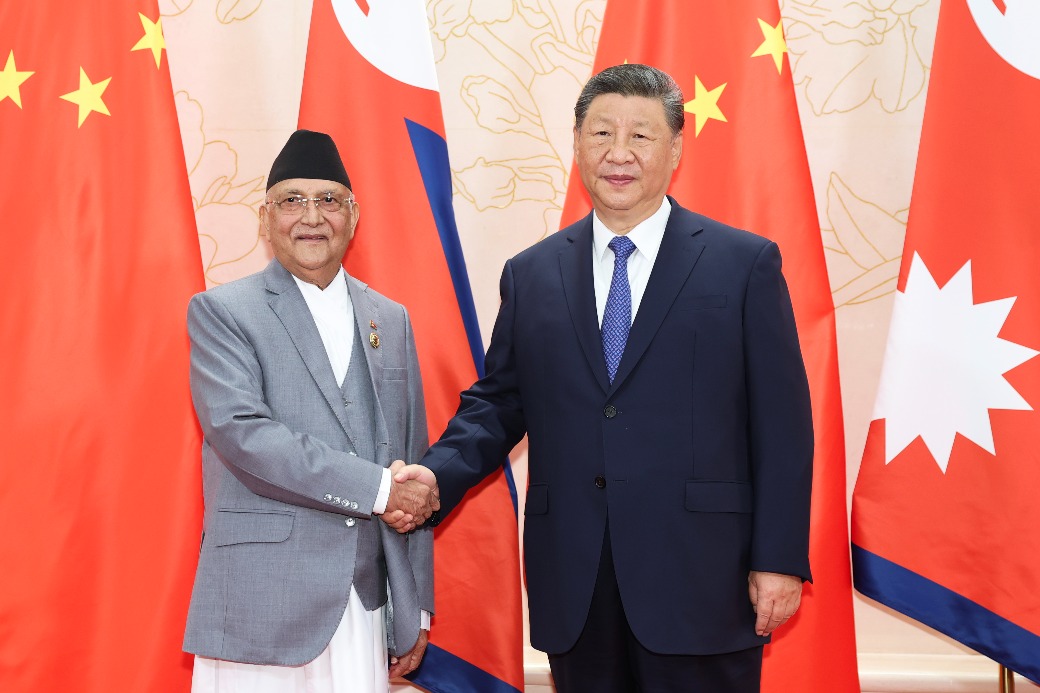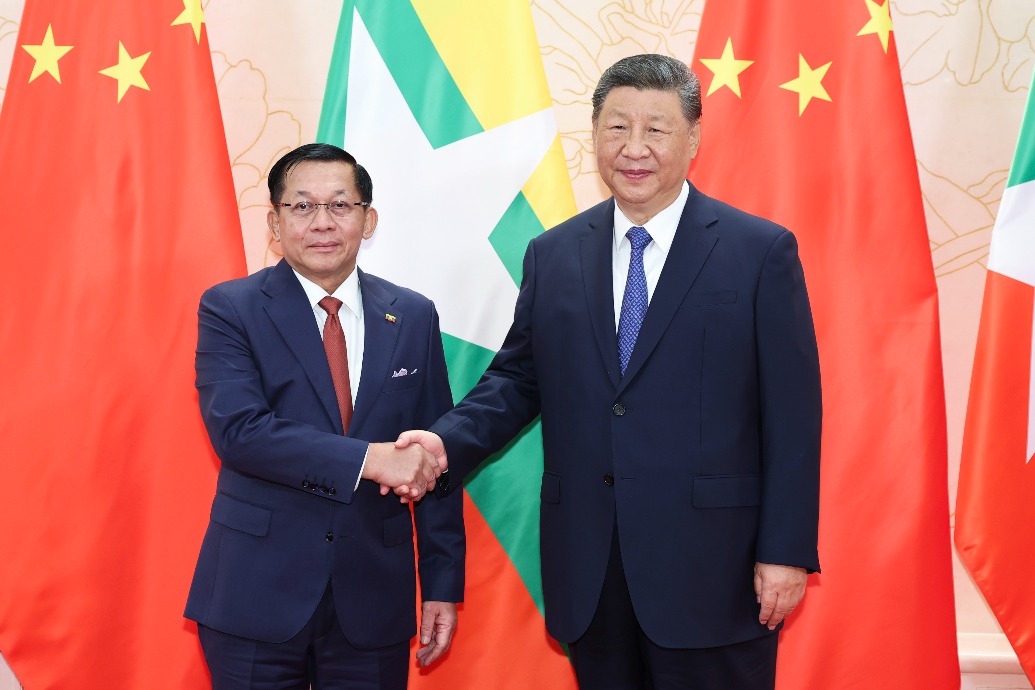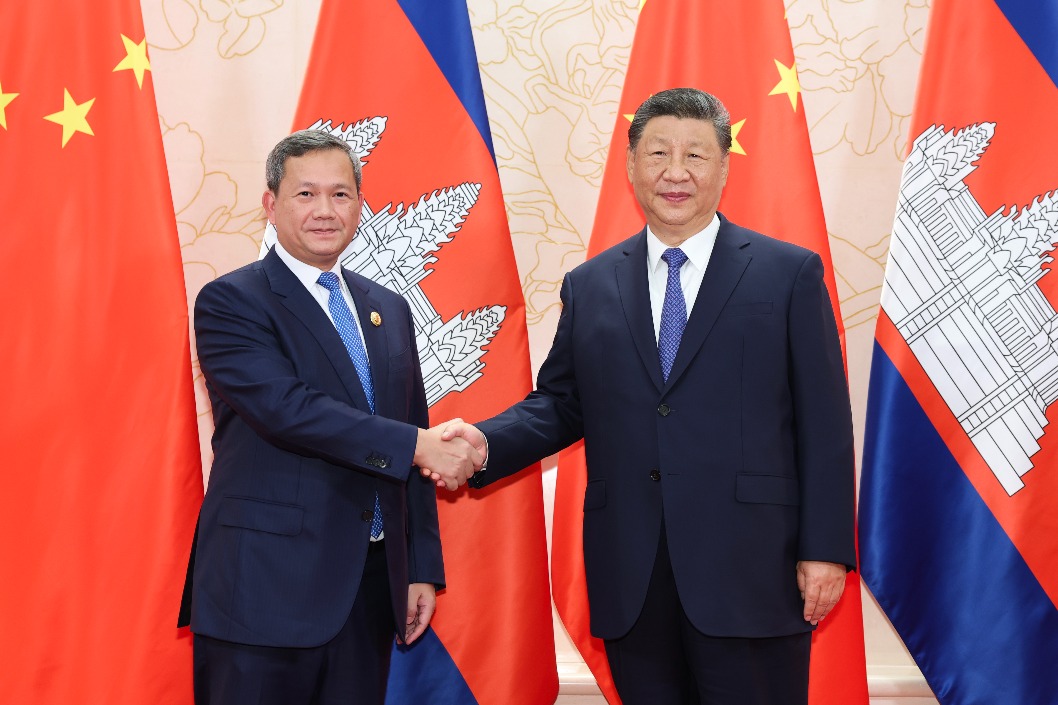Busting the myths of 'overcapacity'
By Liu Xia | chinadaily.com.cn | Updated: 2024-08-23 17:21

While benefiting the global energy transition and following a typical globalization path of multinational companies, Chinese companies have nonetheless been accused of "overcapacity" by Western politicians and subjected to heavy tariffs.
The term "overcapacity" began to be thrown around as a pretext for implementing protectionist measures as geopolitical tensions rose. This is evident from US Treasury Secretary Janet Yellen's remarks during her China trip, the EU's subsidy investigations and tariffs on Chinese EVs, as well as policies such as the Inflation Reduction Act and the CHIPS and Science Act, etc.
Chinese EVs don't actually have a presence in the US market, yet politicians still use their imaginations to criticize China. US Commerce Secretary Gina Raimondo repeatedly suggested, "Imagine if there were thousands or hundreds of thousands of Chinese-connected vehicles on American roads," then it's not difficult to "imagine" the security risk this would pose.
It's an old game of blaming China to divert public attention away from unresolved domestic issues—reminiscent of Trump's claim to protect jobs by initiating a trade war against China. However, the key difference this time is the increasingly pervasive trend of securitization, which adds to the already tense and politically charged atmosphere.
In short, the accusations against Chinese EVs have little to do with security. This is the first myth.
The second myth of the "overcapacity" is the accusation that "industrial subsidies lead to overcapacity, which then leads to dumping". This argument is built on shaky ground.
While it's true that the Chinese government provides subsidies for the EV industry, these subsidies are directed at consumers, rather than supporting manufacturers. As a result, consumers can use these subsidies to buy Teslas just as easily as they can purchase BYDs.
Contrary to the narrative that China's oversupply is driven by government investment, a recent Goldman Sachs report reveals that it is more a consequence of the economy's size and the rapid fluctuations in demand.
Moreover, China is not dumping its new energy products worldwide. Is a Chinese exporter selling at a price lower in a foreign country than it sells domestically? The answer is no. Many Chinese EVs are more expensive in the EU and the US than in China.
The third myth points to the fact that if the theory of comparative advantage holds true, every economy will inevitably have oversupply in some sector.
In international trade, the difference between exports and imports equals the amount an economy produces beyond its consumption—this is essentially overcapacity, which enables us to purchase cell phones from the US, wine from France, and electric cars from China.
It's true that China struggled with excess capacity during the late 1990s due to economic transition and faced structural overcapacity in 2015-2016, particularly in steel production. However, unlike industries on a downward trajectory, the global demand for new energy products has been on the rise, creating significant growth potential for the new energy industry, where the expanding market demand is likely to absorb the additional production capacity.
Simply put, when assessing excess capacity in an industry, it's crucial to consider both the supply-demand balance and the industry's current stage in its life cycle.
The fourth myth, perhaps the most hypocritical one, is that the whole situation doesn't fit the usual clichés often associated with China, such as "state over market", "commanding heights prevailing", or "innovation too state-centric". On the contrary, this is a story of companies going global, avoiding domestic market saturation, selling where prices are highest, and utilizing market mechanisms driven by competition—just like multinational companies in the West.
In the EV sector, companies such as BYD, Geely, Xpeng, Nio, and many others have emerged as strong contenders. Even tech giants such as Huawei and Xiaomi are entering the competition, none of which are state-owned.
Plus, take China's "new three" exports — electric vehicles, lithium batteries, and solar cells — as an example. Even if China didn't export these products, the US wouldn't be able to dominate the market. The issue isn't a lack of subsidies in the US, but rather the absence of a complete industrial chain to support production. German manufacturers, heavily reliant on combustion engine technology, are facing similar challenges.
Chinese brands are now reaping the benefits of economies of scale and strong supplier networks: they are winning through comparative advantage.
If the West truly believes in the power of competition and the market, as it often claims, it should reconsider before heading down a path of loss-loss. Or perhaps the underlying belief is that globalization is inherently tied to capitalism, and a socialist country shouldn't be leading the game. Everything seems fine when China is content to follow, but watching it move up the value chain—from not only being an economic powerhouse but also being a leader in technology and innovation—creates enormous anxiety.
New energy products, such as EVs, are crucial for decarbonizing economies and meeting the goals set by the Paris Climate Agreement on climate change. The International Energy Agencyestimates that by 2035, annual demand for EVs will rise to over 55 million from the current level of around 14 million, with some estimates predicting even higher numbers.
The most important action now is to avoid acting arbitrarily and creating barriers that hinder benefits for all of humanity, merely for the sake of domestic political agendas. The right choice is to focus on helping consumers by offering better products at reasonable prices, allowing free trade and market forces to guide our decisions.
Perhaps, whether overcapacity is a problem or not isn't the right question to ask. Instead, we need to think beyond China and return to the basics of multinational corporations exploring markets abroad, by considering the nature of innovation in an era of globalization.
There has never been a better time to embrace openness—a mindset that allows for differences. We must not let fear of different countries and systems extend to a fear of certain products. Securitization will not lead to true safety, nor will isolation. A secure world can only be built through cooperation and interdependence.
The author is a writer with China Daily.





